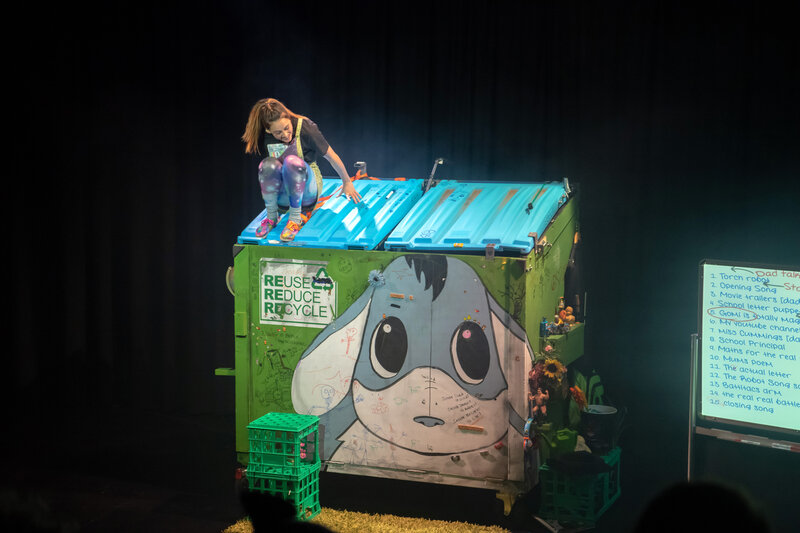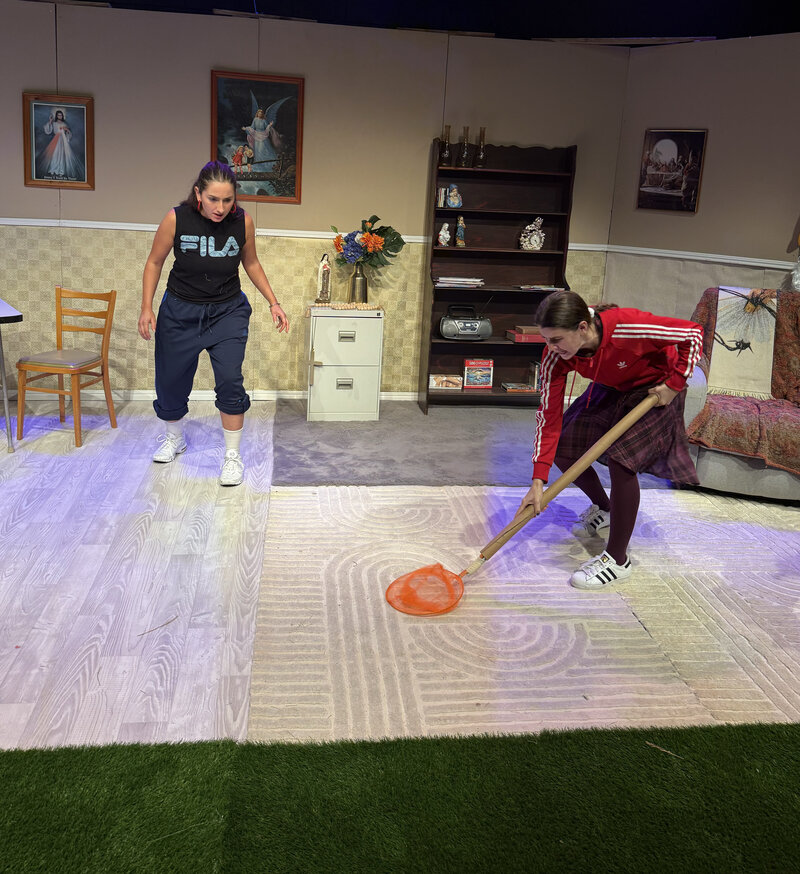Coming up with fresh movie ideas is difficult at the best of times, but to do so in the animated medium and with aplomb is particularly challenging. Yet, some filmmakers seem to be able to produce time and again. Fortunately, I am pleased to say Inside Out is yet another fine example of a picture which morphs across age barriers.
It concerns what goes on in the mind of an 11-year-old and just who is pulling the strings. Much of the action takes place in what may be termed “headquarters” (into that, read the brain), where young Riley’s “emotions” are hard at work. These emotions, each characters in their own right, are what control Riley’s moods – happy, sad, angry, scared or disgusted. The controller of the brood is the lighthearted, optimistic Joy, whose mission is to make sure Riley stays happy. Fear heads up safety, Anger ensures all is fair and Disgust prevents Riley from getting poisoned, both physically and socially. Sadness isn’t exactly sure what her job is, and frankly, neither is anyone else.
 Director Peter Docter (Up, Monsters Inc.) describes the emotions as “like voices in our heads”. In the movie, Riley is a very happy kid until she and her parents move from one part of the US to another and life’s pleasures quickly succumb to funk.
Director Peter Docter (Up, Monsters Inc.) describes the emotions as “like voices in our heads”. In the movie, Riley is a very happy kid until she and her parents move from one part of the US to another and life’s pleasures quickly succumb to funk.
“Joy has 33 beautiful seconds of being the only one there,” says Amy Poehler, who lends her voice to Joy. “Then Riley starts to cry and Sadness shows up. Joy realises that she’s going to have to share Riley with all the other feelings and emotions.”
Doing their homework, the artists and storytellers behind Inside Out wanted to immerse themselves in the mind, studying memories, human emotions and how they evolve during adolescence. They worked with scientists, neurologists, psychologists and other experts. Dr Dacher Keltner, co-director of the Greater Good Science Center, is a professor of psychology at the University of California, Berkeley, where he directs the Berkeley Social Interaction Lab. “I’ve spent 25 years of my career studying human emotion,” he says. “I’m interested in how we express emotions in our faces, voices and in touch.” Among other things, Keltner’s expertise helped filmmakers choose the emotions to feature.
“Researchers have different ideas of how many emotions we have – there are anywhere from four to 27, depending on who you ask,” says Docter. “Dr Keltner’s work suggests that there are 21, with emotions like boredom, contempt and embarrassment”. “There were so many possibilities in terms of character. It was fun to explore. We ultimately landed on five emotions that pretty much make all of the researchers’ lists”.
Loaded with Pixar’s signature charm, Inside Out features memorable characters, poignant moments and trademark humour. Above all, it is a lot of fun, with heaps of colour and action.
Helping to bring the characters to life is a voice cast including Poehler (Parks and Recreation) as Joy, Bill Hader (The Skeleton Twins) as Fear, Mindy Kaling (The Mindy Project) as Disgust, Lewis Black (The Rant is Due: Part Deux tour) as Anger and Phyllis Smith (The Office) as Sadness. Riley is voiced by Kaitlyn Dias (The Shifting) and providing the voices of Mom and Dad are Diane Lane (Man of Steel) and Kyle MacLachlan (Marvel’s Agents of S.H.I.E.L.D.).
Inside Out is a delight from start to finish, with several laugh aloud elements. It is a story that has heart and it is just so well thought out and translated onto the big screen. Creativity abounds and is on display for all to see in one of the best animated features to do the rounds in recent years.
Inside Out scores an 8 out of 10.
Director: Pete Doctor, Ronaldo Del Carmen
Cast: (Voices of) Amy Poehler, Diane Lane, Mindy Kaling, Kyle MacLachlan and Bill Hader
Release Date: 18 June, 2015
Rating: PG
Alex First

David Edwards is the former editor of The Blurb and a contributor on film and television




